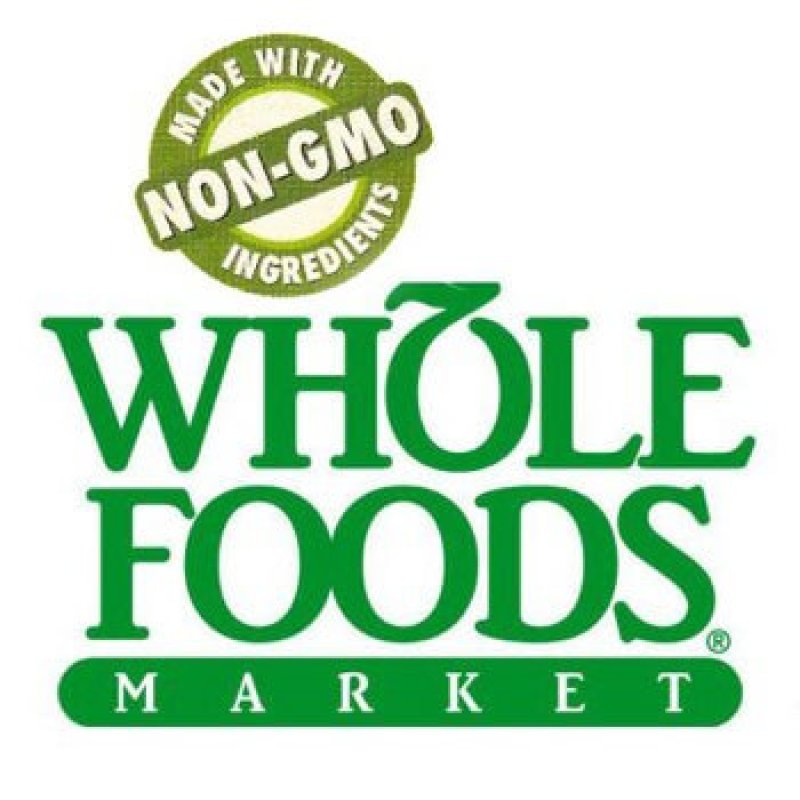A label like that of the Non-GMO Project is uniquely effective at making GMOs seem scary. It highlights—and exaggerates—the prevalence of GMOs in other sections of your grocery store.
It implies that GMOs are the opposite of butterflies and blades of grass. And let’s be clear: The opposite of a butterfly must be something terrible indeed.
In the past few years, entities as diverse as the American Association for the Advancement of Science (which publishes the prestigious journal Science), the Boston Globe editorial page, and Scientific American have come out against the labeling of genetically modified foods.
Their reasons are simple: Massive studies and reviews conducted byacademic scientists, United States government researchers, and the much more GMO-skeptical European Union have found that GMOs, while not without risks, are relatively safe, and have the potential for significant social benefits. And labels warning about genetic engineering tend to scare consumers, and give the impression that GMOs are more dangerous than they are.
Just Label It spokespeople emphasize that consumer advocacy and transparency are their goals, not GMO-bashing. Both their organization’s websites, though, take a blatant anti-GMO tone. And it’s clear why natural foods companies might have a stake in making GMOs into a more controversial issue.
A story of dangerous agribusinesses versus scrappy little farmers fits well into their larger sales narrative. And organic producers are sitting on some of the best GMO-free supply chains in the United States. When people become scared of something like GMOs, a company like Whole Foods stands to profit.
Read full, original article: Whole Foods’ anti-GMO swindle































